Intervale Community Farm Ends
The ICF Board of Directors identified the following as our organizing objectives:
Grow a wide variety of local, organic produce and provide related food products for members of ICF.
Cultivate a thriving farm ecosystem.
Foster a vibrant and interactive community of farmers and eaters.
Provide sustainable and fulfilling jobs for staff.
Benefit the wider community through partnerships, donations, and service.
Make ICF accessible to an economically-diverse membership.
Each of these top-level goals is implemented through multiple strategies at the operational level. ICF staff design the methods, within prescribed limits, that will achieve these results, or make progress toward achieving them. The Board receives regular updates as to progress toward these ends. Our most recent report is the 2022 Ends Report.
ICF Cooperative Business Structure
ICF is organized as a not-for-profit consumer cooperative under Vermont law. A cooperative, or co-op, buys and sells products or services just like any other business. The difference is a co-op is owned and governed by its co-op membership, the people who use it, rather than by stockholders. Any profits are reinvested in the co-op or distributed to its member-owners.
C0operatives are guided by a number of common values: self-help, self-responsibility, democracy, equality, equity, and solidarity. These values underpin the seven cooperative principles, to which ICF adheres:
Voluntary & Open Membership. Anyone may join Intervale Community Farm Cooperative for $25/year, $200 total.
Democratic Member Control. ICF Cooperative member-owners may vote and run for the ICF Board.
Members’ Economic Participation. All ICF Co-op members-owners contribute an equity payment, and may receive a share of any profits in proportion to their purchases.
Autonomy & Independence. Controlled by ourselves, ICF is independent and accountable to our member-owners.
Education, Training, and Information. Education about ICF, farming, and our community empowers our members.
Cooperation Among Cooperatives. We work with other co-ops to build a strong locally-controlled economy.
Concern for Community. Our work extends beyond our fields into the wider food system through community partnerships and donations.
In practice, the ICF Co-op Member Owners elect a nine-member Board of Directors to represent the interests of the co-op membership and guide the work of Intervale Community Farm. The Board works the ICF management to assure that ICF’s operations and goals support the needs and aspirations of the Intervale Community Farm Co-op members.
Policy Governance
As a member-owned consumer cooperative, ICF’s governance and management structure are different from that of your typical Vermont vegetable farm.
ICF is managed by a paid staff of permanent and seasonal farmers. The long-term stewardship and governance of the farm is overseen by a nine member Board of Directors, elected from the membership of Intervale Community Farm Cooperative.
In order for the board and the staff to work most productively, ICF uses an organizational tool known as Policy Governance, in use by many cooperatives and non-profit organizations. Here is a brief synopsis of how the method works.
Policy Governance starts from the presumption that the board’s job is to govern and set broad outcomes for organization, while the staff’s job is to make the outcomes happen. By clarifying roles at the outset, Policy Governance has helped the board govern and the farmers farm.
Though it took some time to adjust to the new system and develop our own version, we have found Policy Governance to be a useful tool. Our current policy register appears here, along with a few sample reports including financials and member service.
Bylaws
In re-organizing as a consumer cooperative, ICF needed bylaws to suit. For maximum flexibility and minimum future amendments, we are believers in the minimalist approach. Certain elements are required in bylaws (hence, ‘by law’), and certain others are very advisable. We aimed to dispense with virtually everything aside from those two categories.
Our bylaws appear here.
Co-op Resources
Looking to learn more, or transition to a co-op model yourself? Check out the following organizations:
